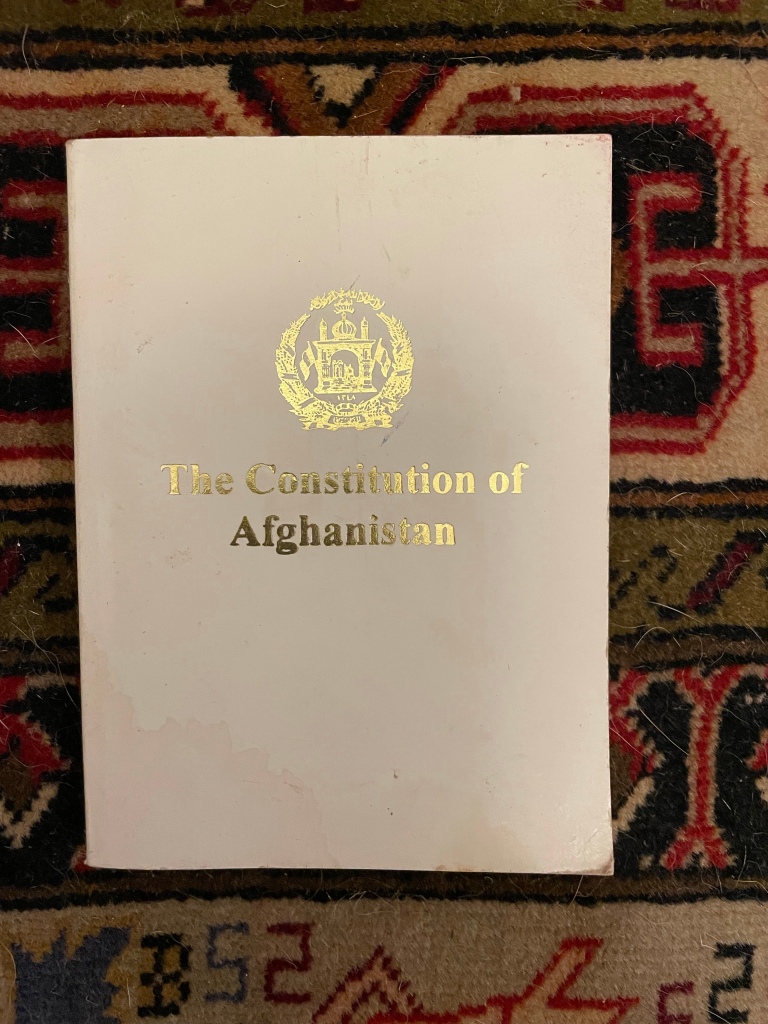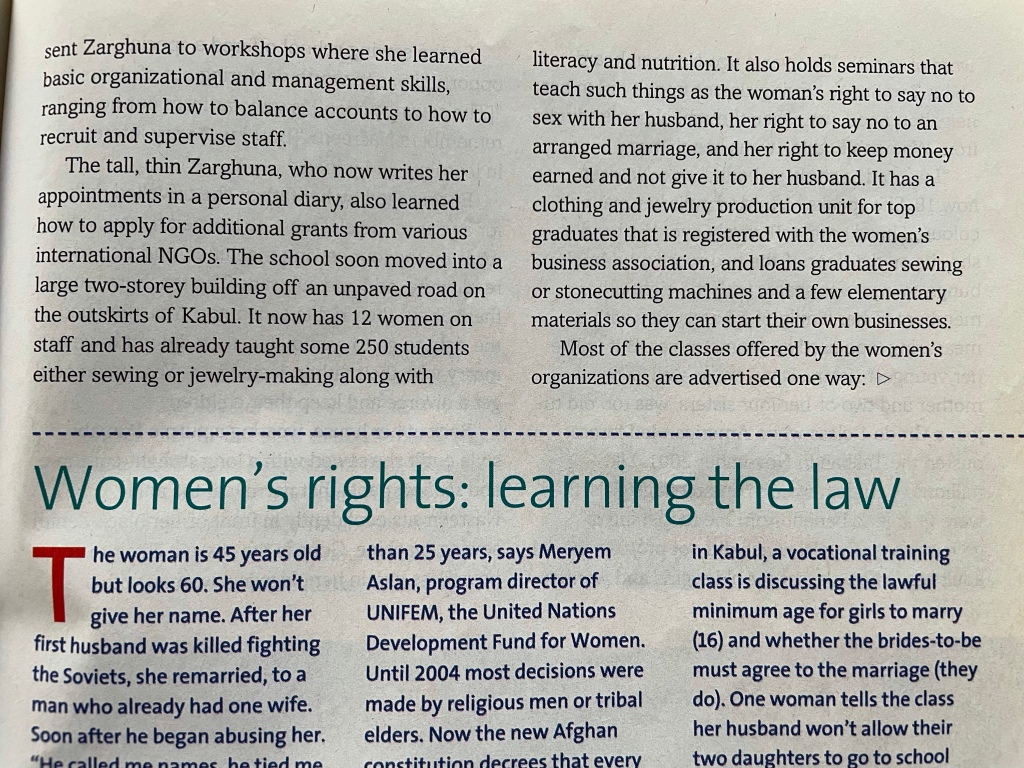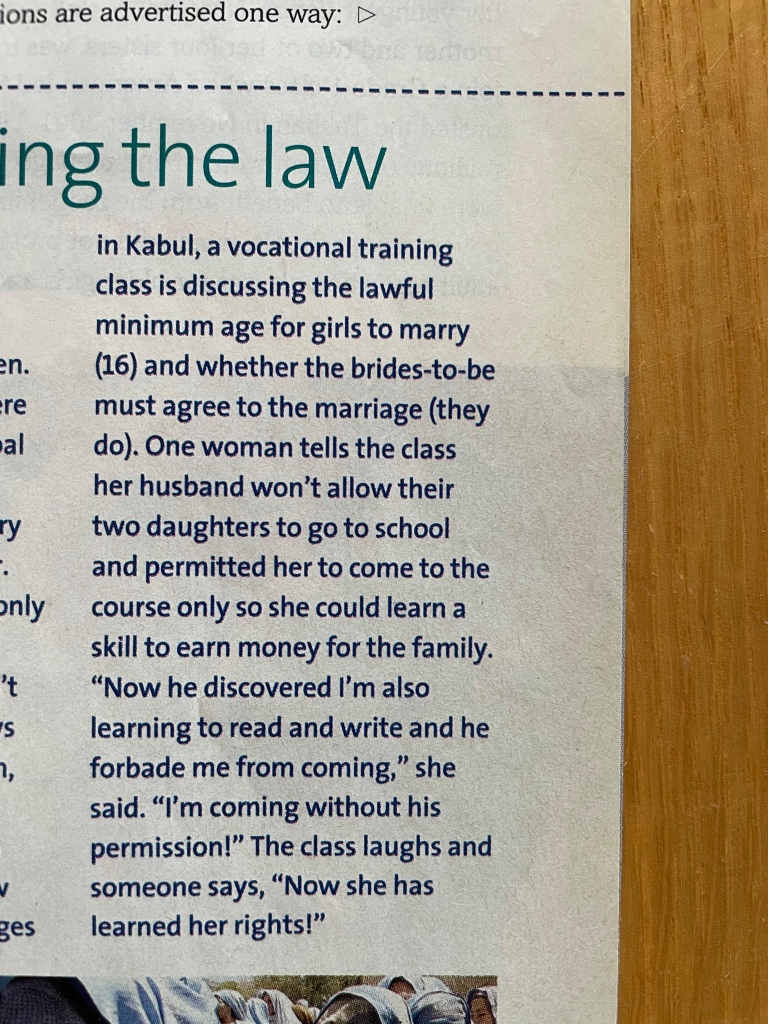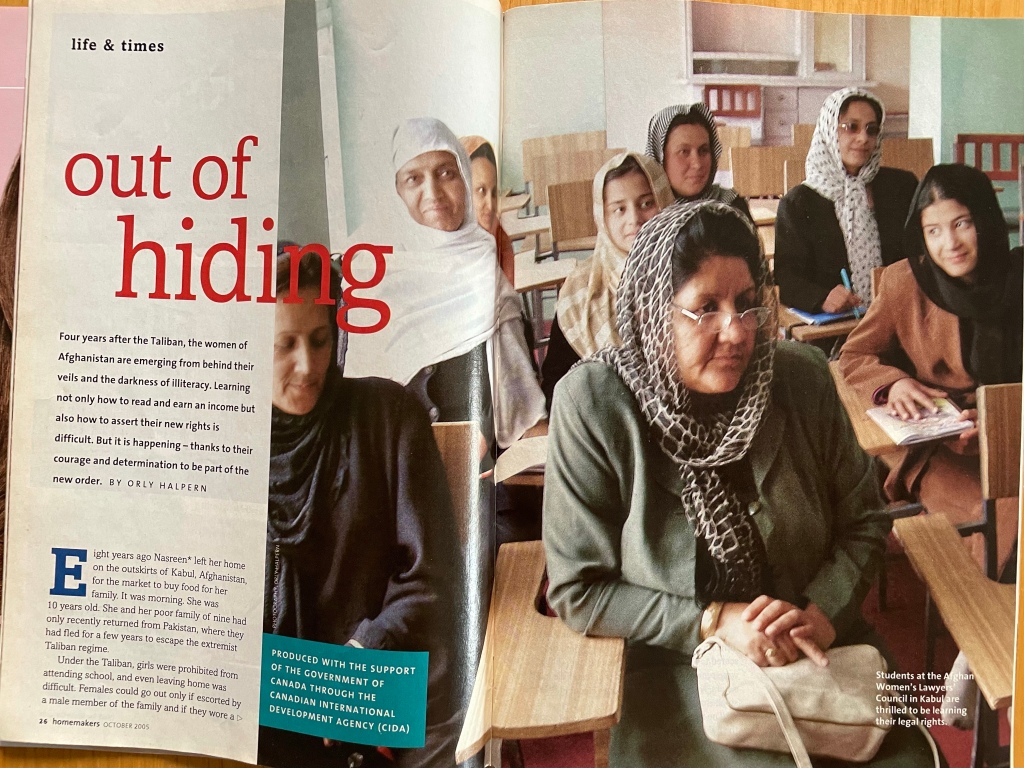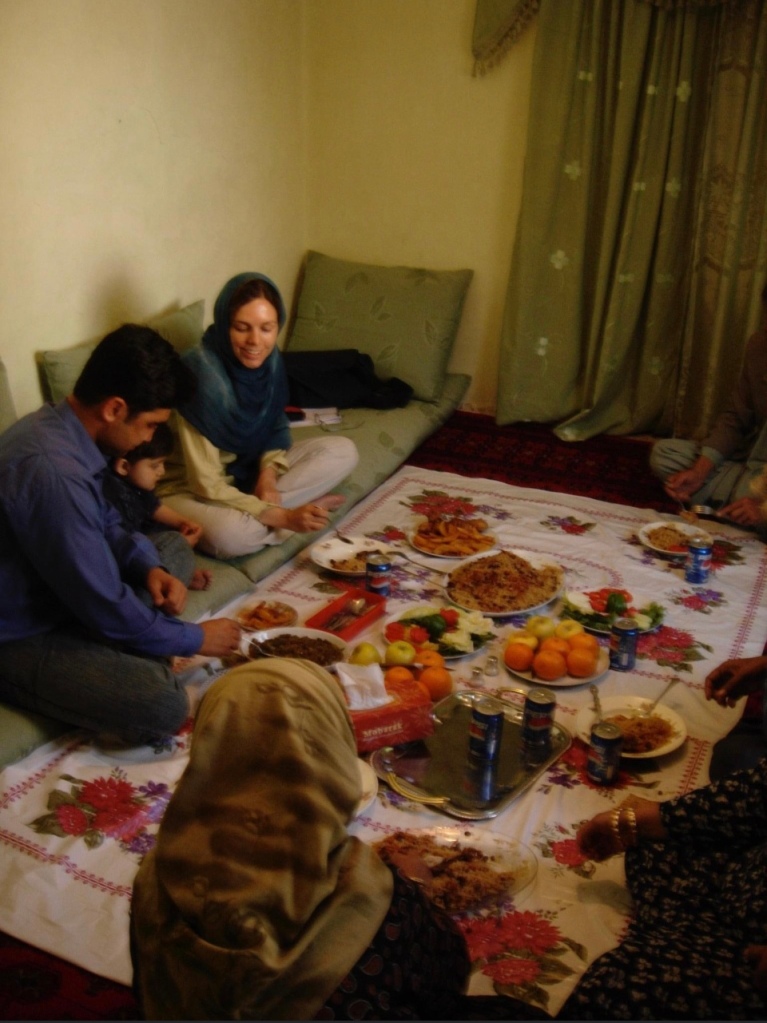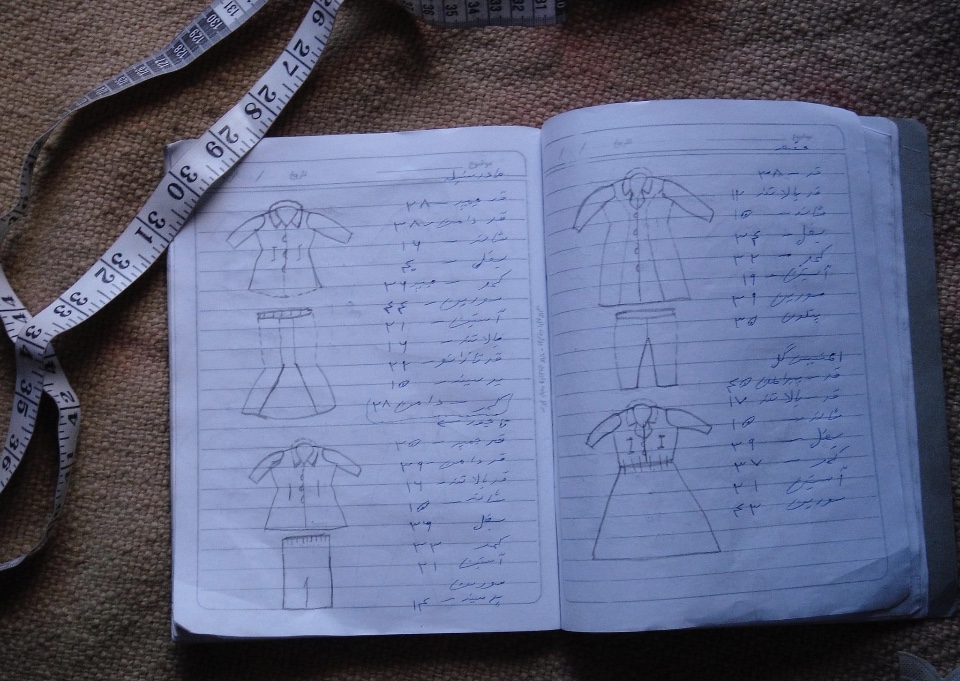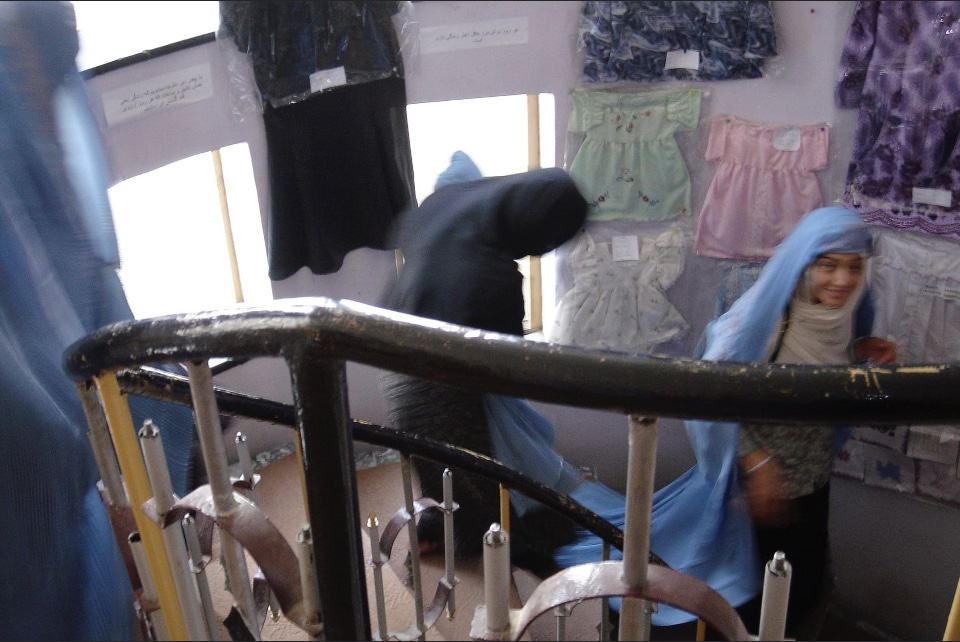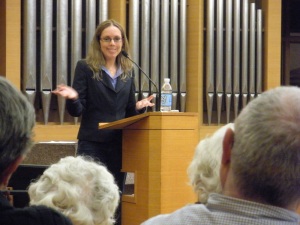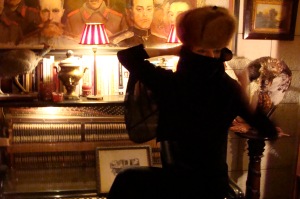I was shocked today to read how my colleague and friend, Haaretz’s Palestinian Affairs correspondent Avi Issacharoff, portrayed Hamas’ crushing of an Al-Qaeda inspired Islamic extremist group over the weekend in southern Gaza. The word “massacre” jumped at me from my computer screen; so did the word ‘brutal’.
In light of the analysis, maybe I shouldn’t have been surprised that some Jewish Twitterers also portrayed the battle as immoral, emphasizing that a place of worship was attacked and that innocent people were killed. “Hamas fires on mosque, kills little girl,” wrote @soccerdhg on Twitter (then blogged that reporters should not quote Hamas spokesmen because it gives Hamas ‘a platform to plead for Western support.’) “Where is Human Rights Watch???” asked @NGOMonitor, a pro-Israel lobby that focuses on media. “Where’s the outrage?”wondered William Daroff, VP for Public Policy and Director of the Washington office of United Jewish Communities, linking to the problematic Haaretz analysis.
But I can’t help but shake my head and ask, do these people have amnesia? In December Israel used the same reasoning – ‘to destroy Islamic extremists’ – in order to wage a relentless 22-day military operation on Hamas. Israel killed over 1400 people, including some 400 children, destroyed much of the infrastructure of the Gaza Strip and left thousands of people homeless after dropping bombs on their houses. But these people did not express outrage then. So my question is: where is the perspective and where is the bias?
But before I look to answer it, I’ll go back to the ‘massacre.’ I’m not going to let this word go because it should never be used wrongly or lightly. In my Macbook dictionary ‘Massacre’ is defined as an ‘indiscriminate and brutal slaughter of people.’
So let’s examine the fight with the Warriors of G-d that began Friday afternoon when the group’s leader Abdel Latif Moussa announced in his sermon in a Rafah mosque that Gaza had become a theocratic emirate and demanded that Hamas impose strict Islamic law, as DPA reported.
“Dozens of Jihad al-Salafi group members, masked and brandishing AK-47 assault rifles, had taken up positions outside the mosque. After the prayers, they exchanged fire with members of the Hamas police,” wrote DPA.
Can a battle between official security forces and an illegally armed group who has declared a new political regime to replace the one of the democratically elected ruling party be either ‘indiscriminate’ or a ‘slaughter’?(Remember, part of the platform Hamas won the 2006 elections on was security. Too many groups had guns and used them for criminal purposes. After being elected, Hamas was lauded for fighting to make Gaza safe with guns-for-government-forces-only rule in Gaza.)
Now imagine if a heavily armed group declares a new religious regime from inside a church or synagogue near where you live. Would you not expect the security forces to go in and battle it?
Some of the dead extremists were, according to Reuters, formerly loyal to Hamas, but left the movement for the Al-Qaeda-inspired group because they wanted stricter Islamic rule. Hamas has accused the group of being behind the bombing of several Internet cafes, beauty salons and a wedding in Gaza.
We can examine why there is a rise in religious extremism in Gaza. Think about this: Hamas is preventing fighters from any group to launch rockets against Israel, as part of another truce, but Israel has yet to lift the suffocating siege. You don’t need an expert on Palestinian affairs or Islamic extremism to realize that as poverty increases and people’s lives are controlled by outsiders (Israel, the US, the MidEast Quartet) – without anyway to respond – the place becomes fertile ground for extremists.
Noteworthy, two Palestinian human rights organizations, criticized Hamas’ operation. And not because they made it, but because they didn’t do it earlier when the internet cafes and beauty salons were being bombed. Palestinian Centre for Human Rights (PCHR) and Addameer Human Rights Association also criticized what they said was the use of paramilitary forces (Qassam Brigades) in addition to the police forces. By the way, six of the dead were policemen.
Adameer had numerous other criticisms of Hamas’ operation, which can be read here. Note, that local human rights organizations do not feel threatened by criticizing their government and do so without being closed down. (That reminds me of when a few months after Hamas won the 2006 elections I attended a Gaza NGO conference where members of the Hamas government sat on panels and listened to Palestinian civil society leaders make recommendations and complaints. MP Ghazi Hamad, the government spokesperson and a Hamas member, sat on one of the panels and listened and responded supportively. Ghazi was a newspaper editor and is known for his support of human rights. After the panel I went up to him to say hello. I had interviewed him numerous times on the phone when I was reporting for The Jerusalem Post, but we hadn’t met in person until then. He was surprised to see me and very friendly.)
HAMAS: POLITICS OR TERROR?
Back to the question of perspective. Despite its rightful attempt to make law and order, Hamas is being portrayed as a ruthless evil terror organization. That simply is not accurate. At least, not anymore. (Yes, it uses Qassam rockets, which some see as a limited means to negotiate with Israel. Note, most of the rockets land in fields.) Hamas took a strategic decision in 2005 to participate politically in the future of its people, rather than being an outsider, which only uses violence. It abandoned suicide bombings (the last one was in 2005, although Israel’s peace partner, Fatah, continued since) and ran for elections. It won but the decision by Israel and the international community was to isolate it, reject it. No, it does not believe Israel has ‘a right’ to exist on British Mandate Palestine. But it accepts that Israel exists and is willing to talk to it and declare a Palestinian state only on the pre-’67 borders. Yes, the party is Islamist, as Hamas MP Dr. Omar Abdul Razeq told a group of Israelis (Jewish), Americans, Palestinians, and Bosnians at a meeting in his office in Ramallah last week. (More on that meeting that I arranged – later.) But it wants to have dialogue. “We will talk with anyone,” said Dr. Abdul Razeq before the group parted. (Some of the Israelis also asked to take photos with him. He said with a smile,”Sure, but I’m not responsible if you get in trouble with your government.) And as Ahmed Yousef, a senior Hamas member in Gaza, told Howard Schneider of the Washington Post: “We are a liberation movement with an Islamist hue…We are not the Taliban or al-Qaeda. We like law and order.”
(My colleague at the Globe and Mail, Patrick Martin, wrote two excellent pieces on moderation in the Hamas movement. One about the Speaker of Parliament, Dr. Aziz Dweik, and the other about, believe it or not, Khaled Meshaal, Hamas’ politburo chief in Syria.
So why do some Jewish lobby groups and the Israeli government continue to try to portray it as a terrorist organization? Maybe because there is no doubt that Hamas will be a tougher negotiator than Fatah. Or because Israel likes others to make declarations about it, which Hamas is unwilling to make. But the fact of the matter is no agreement between the Palestinians and the Israelis can be signed that does not include Hamas. Moreover, Israel exists and does not need anyone to declare whether they believe in its right to exist or in what way it should exist. If Egypt and Jordan were required to declare they believed Israel had a ‘right’ to exist, the peace agreements would never have been signed.
Meanwhile, Hamas’ political path (with limited armed resistance) is causing the nationalist Islamist movement problems. In a 2007 video Al-Qaeda accused Hamas of “abandon[ing] jihad for politics. It has betrayed its youths. Its main activity is politics. Since its decision to go down the path of politics, Hamas has begun to descend on a downhill slope.”
BTW, there was an attempt to negotiate a peaceful end to the conflict (which would have meant WoG giving up its weapons and declarations.) But clearly the leader of the ‘Warriors of G-d’ group was not interested. DPA reported that he exploded himself by a detonator – as well the negotiator standing next to him. Note, six Hamas policemen were among the 22-28 people killed in the battle.
ANOTHER ATTEMPT BY FATAH TO OVERTHROW HAMAS IN GAZA?
Interestingly, Israel’s YNet reports that Hamas has revealed documents showing that Warriors of G-d are funded by none other than Mohammed Dahlan, the former FATAH Gaza strongman. Dahlan, who was in charge of the mainly Fatah-loyal security forces in Gaza is considered a thug by many Palestinians. (He just won a seat in the revolutionary council, which made some believe the vote was fixed.) Dahlan fled from Gaza in June 2007 with many of his forces after his coup attempt boomeranged. Didn’t know about the coup attempt. Remember all those clashes that ensued between Fatah and Hamas in Gaza in late 2006 and early 2007? Well, as it turns out they were instigated by Dahlan with US-backing.
Hamas people in the West Bank told me during the clashes that Dahlan was behind them and that the US was likely behind him. ‘Everytime we think we have an agreement for a unity government with Fatah Condoleeza Rice comes and then Abu Mazen suddenly changes his mind,” told me one man from Hamas who was close to the negotiations for a unity government with Fatah. That was back in December 2006.
In April 2008, David Rose of Vanity Fair exposed the Fatah-Bush Administration Gaza Coup attempt in a stunning piece of investigative journalism. The premise of the article was surprisingly not publicized in much other media. But there was a fallout and Rose addressed it and showed the documents he acquired as proof.
